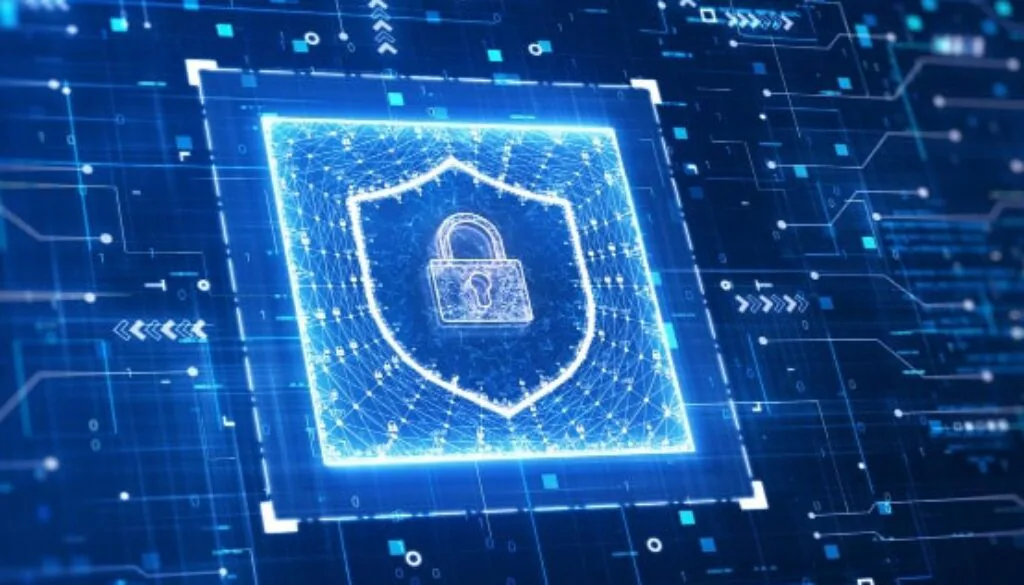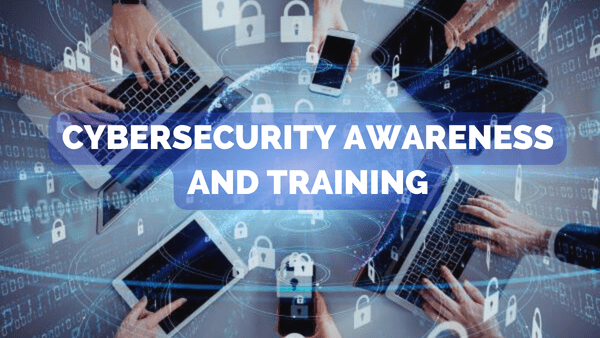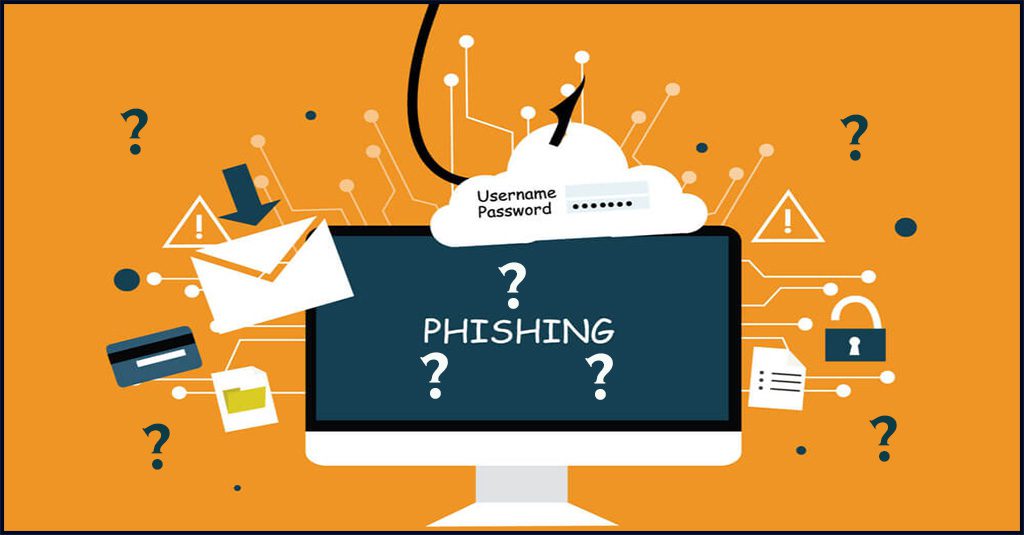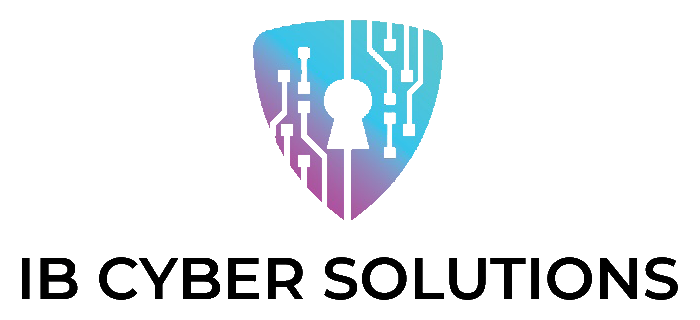Cyber Security
Discover our wide range of services designed to meet your cyber needs.

Managed Cybersecurity Services
The benefit of a company having managed cybersecurity services lies in the enhanced protection and peace of mind they provide. These services offer continuous, round-the-clock monitoring and management of a company's security infrastructure, ensuring that potential threats are detected and addressed in real-time. By leveraging the expertise of cybersecurity professionals, companies gain access to advanced tools and techniques that may be beyond their in-house capabilities, such as threat intelligence, vulnerability assessments, and incident response. Managed cybersecurity services also help reduce the burden on internal IT teams, allowing them to focus on strategic initiatives while leaving the complex and critical task of securing the network to specialists. This proactive approach helps prevent data breaches, minimizes downtime, ensures compliance with regulations, and ultimately safeguards the company's reputation and operational continuity.

Endpoint Threat Detection
Having endpoint threat detection is crucial for safeguarding individual devices within a network from cyber threats and ensuring overall security. Endpoints, such as computers, smartphones, and tablets, are common targets for malware, ransomware, and other forms of cyberattacks. Endpoint threat detection solutions monitor these devices in real-time to identify and respond to suspicious activities, malicious software, and potential security breaches. By providing continuous surveillance and automated threat responses, endpoint threat detection helps prevent unauthorized access, data loss, and system compromise. This protection is vital for maintaining the integrity of the network, safeguarding sensitive information, and minimizing the impact of security incidents. Moreover, robust endpoint threat detection contributes to a comprehensive security strategy, enhancing the organization’s ability to defend against evolving cyber threats and ensuring compliance with security policies and regulations.

Network Assessments
Conducting routine network assessments is essential for maintaining the health and security of a company's IT infrastructure. These assessments provide a comprehensive evaluation of the network’s performance, security posture, and compliance with best practices and regulatory standards. Regular assessments help identify vulnerabilities, outdated configurations, and potential areas for improvement before they can be exploited by malicious actors. By proactively addressing issues and optimizing network performance, companies can prevent downtime, enhance data protection, and ensure that their network is scalable and resilient to future demands. Additionally, routine assessments support strategic planning by offering insights into network usage and growth trends, enabling better decision-making and resource allocation. In essence, routine network assessments are a key component of a proactive approach to IT management, ensuring that the network remains secure, efficient, and aligned with organizational goals.

Security Awareness Training
Implementing security awareness training is vital for equipping employees with the knowledge and skills to recognize and respond to potential security threats. In a landscape where cyberattacks increasingly target human vulnerabilities, such as phishing scams and social engineering, employees are often the first line of defense. Training programs educate staff on identifying suspicious activities, following best practices for data protection, and understanding the importance of strong passwords and safe browsing habits. By fostering a culture of security awareness, companies can significantly reduce the risk of breaches, minimize the impact of potential threats, and ensure compliance with regulatory requirements. This proactive approach not only enhances the organization's overall cybersecurity posture but also empowers employees to act as vigilant guardians of the company’s sensitive information and systems.

Email Security
Implementing email security is crucial for protecting a company's sensitive information and maintaining overall cybersecurity. Emails are a common vector for cyberattacks, including phishing scams, malware, and data breaches. By having robust email security measures in place, companies can safeguard against unauthorized access, ensure that confidential communications are encrypted, and filter out malicious content before it reaches users' inboxes. Effective email security helps prevent data loss, protects against identity theft, and ensures compliance with industry regulations. Additionally, it enhances overall organizational trust and reputation by demonstrating a commitment to safeguarding client and employee information. In essence, email security is a fundamental component of a comprehensive cybersecurity strategy, crucial for protecting valuable data and maintaining business integrity.
